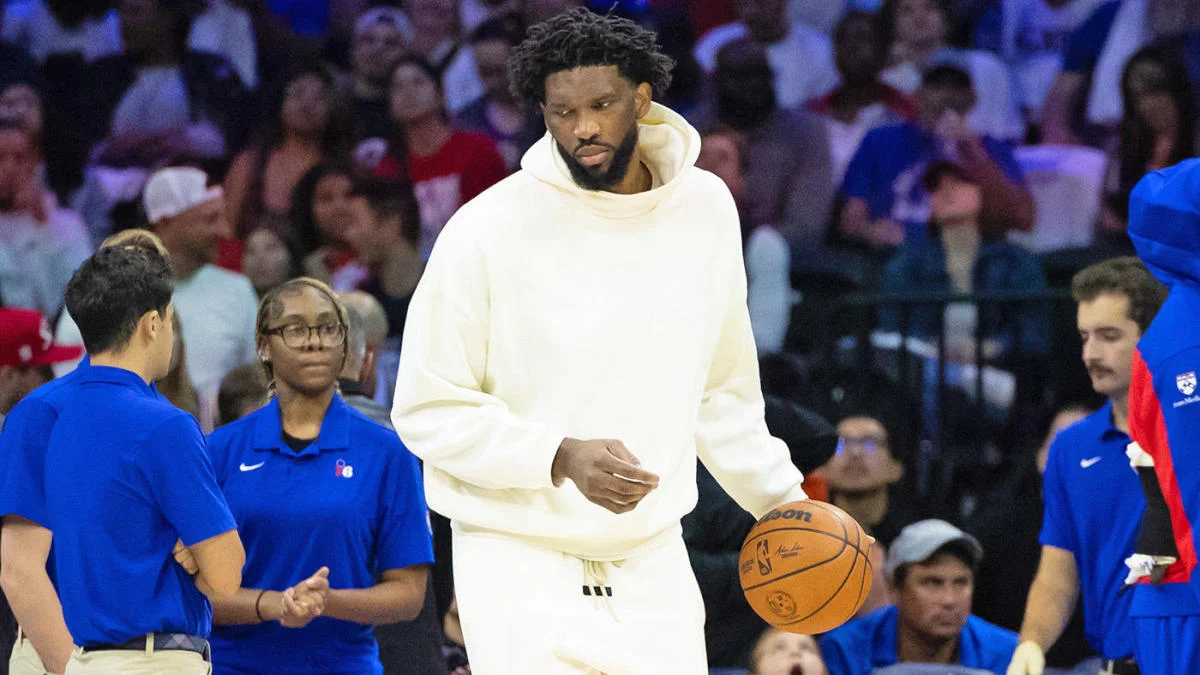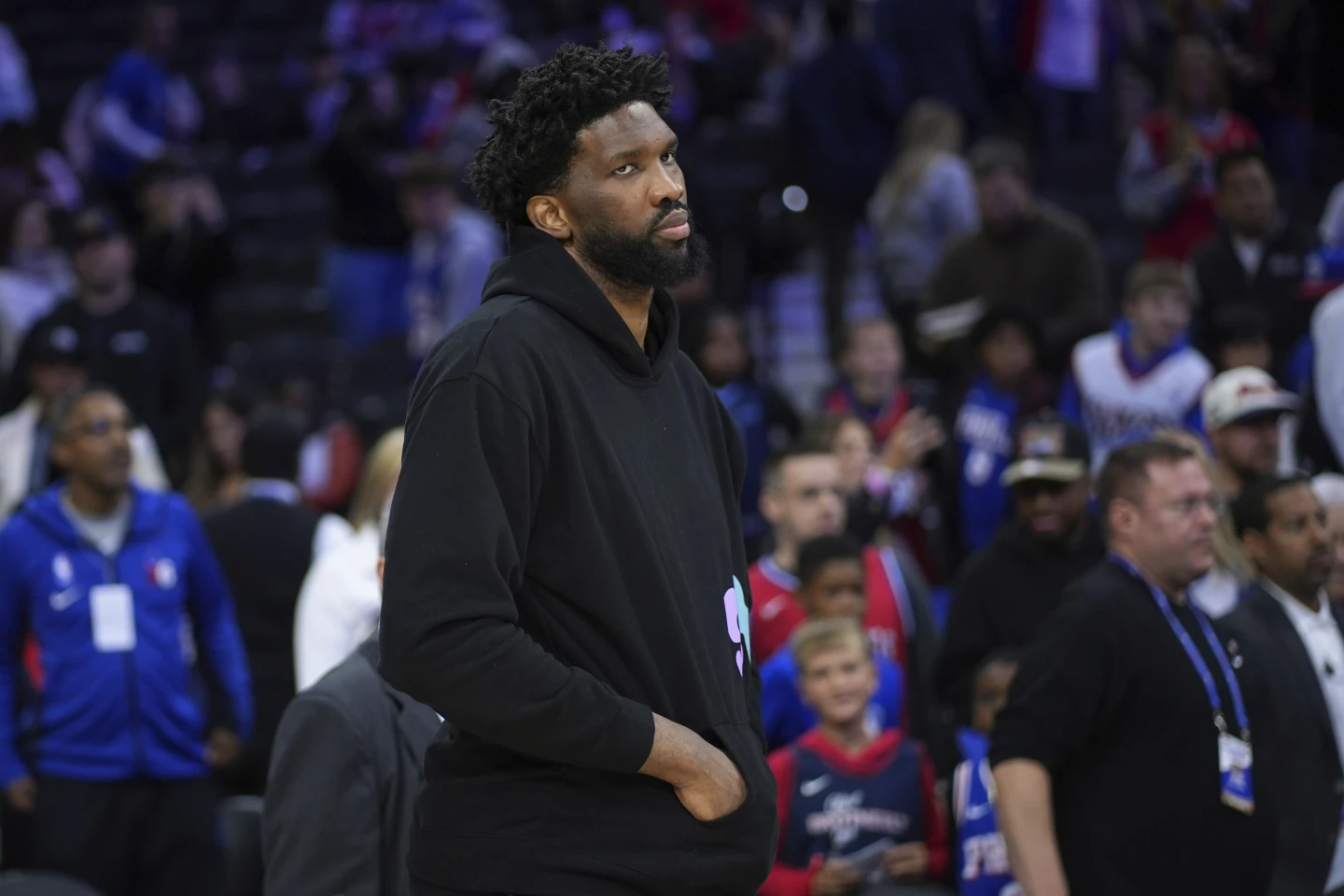With less than three weeks remaining until the NBA trade deadline on February 6, the Philadelphia 76ers are in a tough spot. Heading into their game against the Indiana Pacers on Saturday, the Sixers have a 15-24 record, putting them in 11th place in the Eastern Conference.
They are just 1.5 games behind the 10th-place Chicago Bulls, who currently hold the final play-in spot in the East, but the Sixers are also 4.5 games behind the 9th-place Miami Heat. It’s becoming more likely that they will need to win two road games in the play-in tournament just to face the Cleveland Cavaliers in the first round of the playoffs.
However, the Sixers’ path to even making the play-in tournament is uncertain. They are currently on a four-game losing streak, and 12 of their next 13 opponents have records at or above .500. The only exception is the Bulls, whom they will face later this month on the second night of a back-to-back.
Things have gotten worse for the Sixers as they may have to continue their season without star center Joel Embiid. On Friday, the team announced that Embiid’s surgically repaired left knee had swelled up after a workout, and he will miss at least the next three games. He will be re-evaluated in 7-10 days.
Embiid has only played in 13 games this season due to knee, face, and ankle injuries. The chances of him staying healthy for the rest of the season and leading the Sixers on a deep playoff run now seem slim. This raises questions about the team’s approach to the trade deadline, as there is now less reason to make moves aimed at immediate success.
The Original Plan
If the Sixers had remained healthy and met their preseason expectations as championship contenders, their approach to the trade deadline would have been more straightforward. This past offseason, they signed KJ Martin to a two-year, $16 million contract, which was more than he would have likely received in free agency. However, this wasn’t just a move to add depth. It was done to give the team a contract they could use in trade talks.

Because the Sixers are already over the $178.1 million salary cap “apron,” they aren’t allowed to take back more salary than they send out in any trade. However, since they are below the $188.9 million second apron, they are allowed to combine smaller contracts to match the salary of bigger deals in trades.
In essence, the Sixers signed Martin to provide them with an $8 million contract that could be used for salary matching in trades. This strategy was similar to what the Phoenix Suns did when they signed Josh Okogie to a two-year, $16 million deal and then traded him to the Charlotte Hornets with three second-round picks in exchange for center Nick Richards and a 2025 second-round pick from the Denver Nuggets.
The Sixers’ salary structure is top-heavy, with Joel Embiid, Paul George, and Tyrese Maxey being the only three players on the roster earning at least $9 million this season. Unless they trade one of these three players, it would be difficult for them to acquire someone making over $20 million. However, if they combined Martin’s contract with Eric Gordon’s $3.3 million, they could more easily target a player making between $10 million and $11 million.
Despite these trade possibilities, the current situation with Embiid’s knee injury significantly reduces the team’s incentive to make a big move at the deadline.
